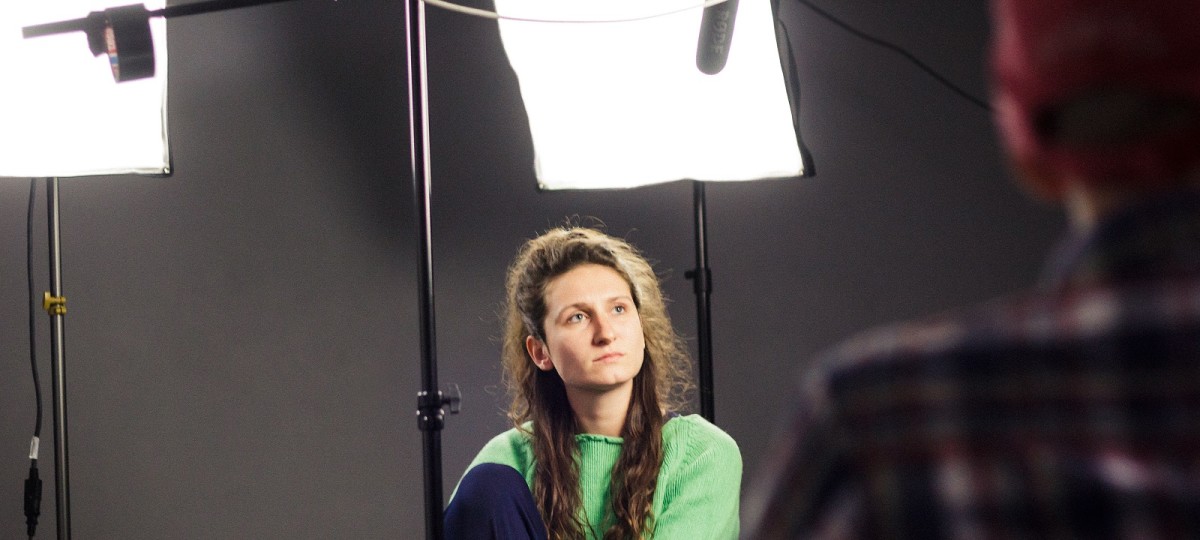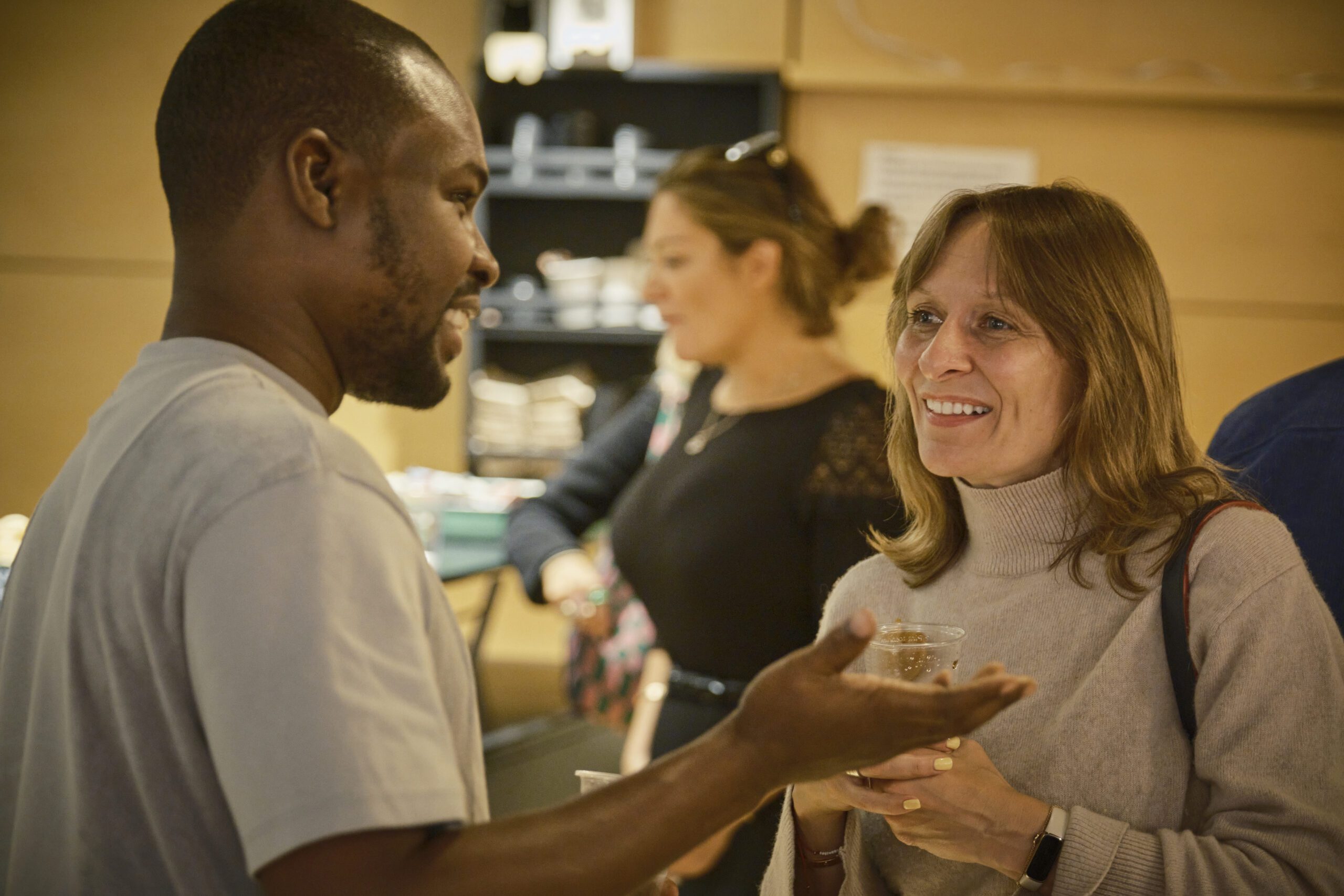Domenique Fragale trained at Arts Educational Schools and recently
moved to the United States to work in Los Angeles. Part two in her blog about Acting for Camera, here are her tips for knowing your framing, and taking direction.
Points to Remember
A few significant points to remember when acting for screen is to always ensure you stay in performance until the director says ‘cut.’ Keep your body and face alive, that way there is always more than less material for post production to work with. It’s also a great idea to ask for your frame size, that way you can adjust your acting style according to the size. Weeks before you even step foot on set, directors and producers have their shots in mind, they choose them as acting notes so respect their choices.
Here’s a few shots and what they mean:
Directors have the say on set. If you’re given a direction, of course you’re allowed to input your opinion if it has motivation but do not be ‘that’ actor on set who has one drive: to make themselves look the best or outshine their co-workers. You’re all on the same team to create magic. An exceedingly important point to remember is that you are acting for screen, not stage. In theatre training you’re told to ensure you perform for the back row, but since the camera will always see you and the microphone picks everything up, you only need to speak to actors in the scene in a realistic manner. No exaggerated sound or movement is required.
A Director’s Take
Director, writer and actor (with credits including Scorpion) Lee Amir-Cohen gave his personal insight into what he looks for in a screen actor.
‘I look for actors who possess three elements: courage with confidence to commit with to their choices; malleability, and physical appearance or characteristics aligned with the character. Commit, please. The audience cares about your character proportionally to how much your character cares about achieving their objective. If we give you direction, take it, process it and swing hard. Avoid clichés. Actors too frequently do a scene based on an ‘idea’ of how they think it should be done, particularly in the audition setting. The only way to avoid doing the scene the same way as everyone else is by taking risks with your choices – they may feel illogical or eccentric, but try them nonetheless. An actor’s power lies in their spontaneity – we want to see the scene how it’s never been done. It’s not the actor’s responsibility to book the job, but rather book the room. I once auditioned a brilliant actress for one of my films, but politics as they are, resulted in a different casting decision. I held on to her headshot for years before offering her the lead in my most recent film, The Other Place. Trust me, we remember the performances that moved us.’
Lee’s point about physicality aligning with the character particularly stood out for me in regards to differences between acting for stage, and acting for screen. Many stage characters have been portrayed repeatedly, and undoubtedly critics and audience members will compare you to past performances, but playing a screen character you are most usually the very first person to depict that character – there’s no reference point, so make it your own. You have been called in to be seen by casting because you’re potentially what they’re looking for – they want to see you succeed! They want their job made easier for them and to choose a person who fits into the world they are creating.



















